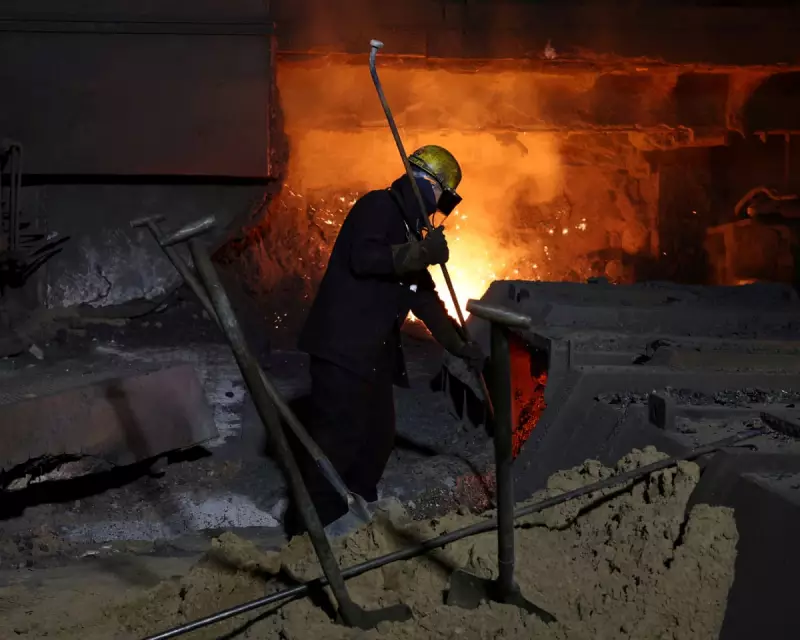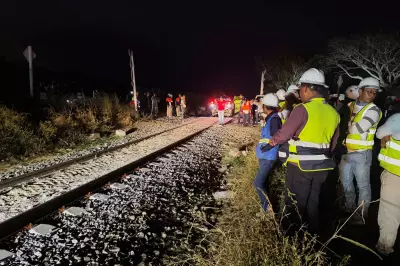
Government Backs Clean Steel Transition at Scunthorpe
The UK government has thrown its weight behind a major technological shift at British Steel's Scunthorpe plant, supporting a move to cleaner electric arc furnaces that could secure the site's future while raising significant questions about traditional blast furnace operations.
Business Secretary Peter Kyle confirmed the government is "keen to see that transition happen" as part of a new steel strategy expected in December. This endorsement comes as the state-controlled steelmaker faces crucial decisions about its long-term direction.
Securing Steel Production Amid Global Challenges
The proposed shift to electric arc technology at the Lincolnshire facility would help maintain steel production at the plant while supporting the UK's commitment to achieving net zero carbon emissions. The government took emergency control of British Steel in April over fears its Chinese owner, Jingye Steel, might permanently close the site, potentially costing up to 2,700 jobs.
Kyle revealed the government has already spent hundreds of millions of pounds from the £2.5 billion earmarked for the steel industry in last year's election manifesto to keep both British Steel and another manufacturer, Liberty Steel, operational.
"Britain is operating in a highly complex global environment," Kyle explained, citing the impact of tariffs and oversupply issues. He specifically mentioned Donald Trump's trade levies causing chaos and the continued flood of steel from China seeking new markets.
Workforce and Primary Steelmaking Concerns
While the transition promises a cleaner future, it raises serious concerns about the fate of Scunthorpe's blast furnaces that employ thousands of people. Steelworkers remain cautious following Tata Steel's experience in Port Talbot, where 2,500 jobs were cut during a similar transition to electric arc furnaces.
The move also questions the UK's ability to maintain primary steelmaking capacity - producing steel from iron ore rather than recycling scrap. Jonathan Reynolds, Kyle's predecessor, had emphasised preserving this capability when the government took control of the Scunthorpe site.
Alasdair McDiarmid, assistant general secretary of the Community union, welcomed "the government's firm commitment to a just transition" but stressed the importance of maintaining primary steelmaking capacity in the UK.
The government is considering investing in a separate facility to produce direct reduced iron (DRI) using clean hydrogen, which could preserve primary steelmaking with lower emissions. However, industry sources have questioned the financial viability of such an arrangement.
Frank Aaskov of UK Steel described the secretary of state's vision as "encouraging" but noted the industry needs "a stronger business environment through lower power prices and robust trade policies."





